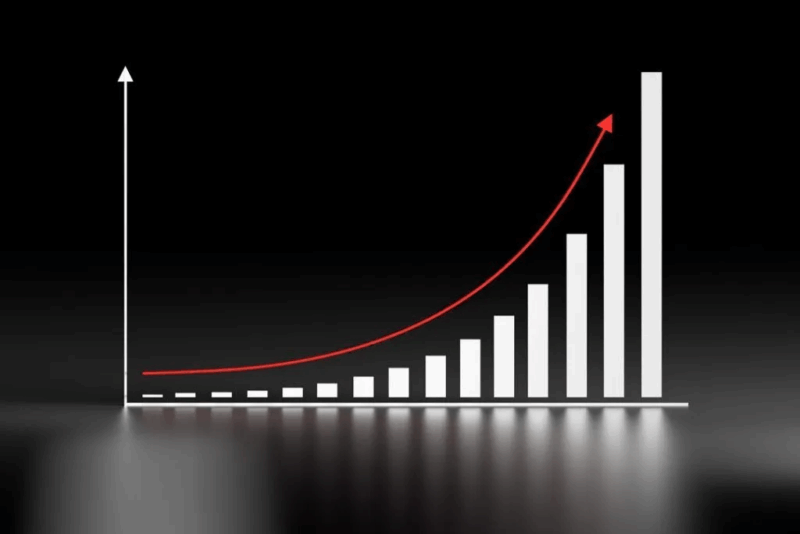As I look at today’s news, it is very apparent that we humans need to change our ways. As Alfred Korzybski explained in 1921, humans are a biological organism that both collects and accumulates knowing — in the forms of information, knowledge, wisdom, and scientific truth.
Collective knowing is when I learn from another currently living human by imitating, emulating or mimicking their behavior. Animals also have collective knowing gained by imitation, emulation or mimicking the behavior of other animals.

Cumulative knowing is when I learn from other humans who teach me by using symbolic language. These teachers may be living and share their knowing directly with me using speech, or written language. But most cumulative knowing comes from the past. From those previously living humans who recorded their knowing in writings, books, recording tapes, audio discs, or on digital media. On this planet, only humans record their knowing for sharing with other humans. So, only humans have cumulative knowing.
So, the knowing of the ~8.2 billion humans living on the planet today includes all the knowing in their heads plus potentially all the knowing from those present and past humans that has been recorded. This knowing is not only enormously large, but it is also continuing to grow at an exponential rate.

This means that the amount of human knowing is always greater later than it was earlier and that the rate of growth of that human knowing is also accelerating. As an example, if we apply ourselves, we can study and know more than Albert Einstein, not because we are smarter than he was, but simply because we are later. He stopped learning at least on this planet in 1955.
Korzybski also explained that if you incorporate knowing into a lever that magnifies your actions, then you have created a “tool.” But if you use a tool to hurt someone, you have converted that tool into a “weapon.”
The infamous 9-11 attack on the World Trade Towers in 2001 was an example of a tool (passenger airliners) being used to hurt (kill) ~3000 New Yorkers. The passenger airliners were converted from tools into weapons by the Saudi terrorists. And, since humanity’s knowing grows without limit, then the leverage power of humanity’s tools created with that knowing also grows without limit. So, Korzybski’s lesson is that humanity as a species cannot survive conflict and war powered by unlimited knowing. Unlimited knowing and unlimited tools are not the problem, conflict and wars are the problem.
As Alfred Korzybski wrote in 1921[1] (emphasis added):
“Every tool embodies the labor, the thought, the experience, the knowledge of the men who made it and of the men who preceded them. A tool is thus a material carrier of accumulated human knowledge. When a man uses a tool, he is, in effect, availing himself of the knowledge and skill of countless generations that went before him. …
“The time-binding capacity of man is, within human limits, indefinitely expansible. The more knowledge there is, the more there is to use and to add to. Unlike the instincts of animals, which remain substantially the same from generation to generation, the intellectual and spiritual wealth of man may grow without assignable limit. …
“The boundary between tool and weapon is semantic and ethical:
-
- Inventions used for helping are tools.
- Inventions used for hurting are weapons.
“Human symbolic capacity means every invention carries this double potential. … Therefore, knowledge itself is “neutral,” and responsibility lies in how humans apply it.”
I believe this is the existential question of the hour, how will we humans apply this gift of unlimited knowing from our ancestors? … I think it’s time to change our ways and move beyond conflict and wars?
Timothy Wilken, MD
[1] Alfred Korzybski, Manhood of Humanity, E.P. Dutton, 1921